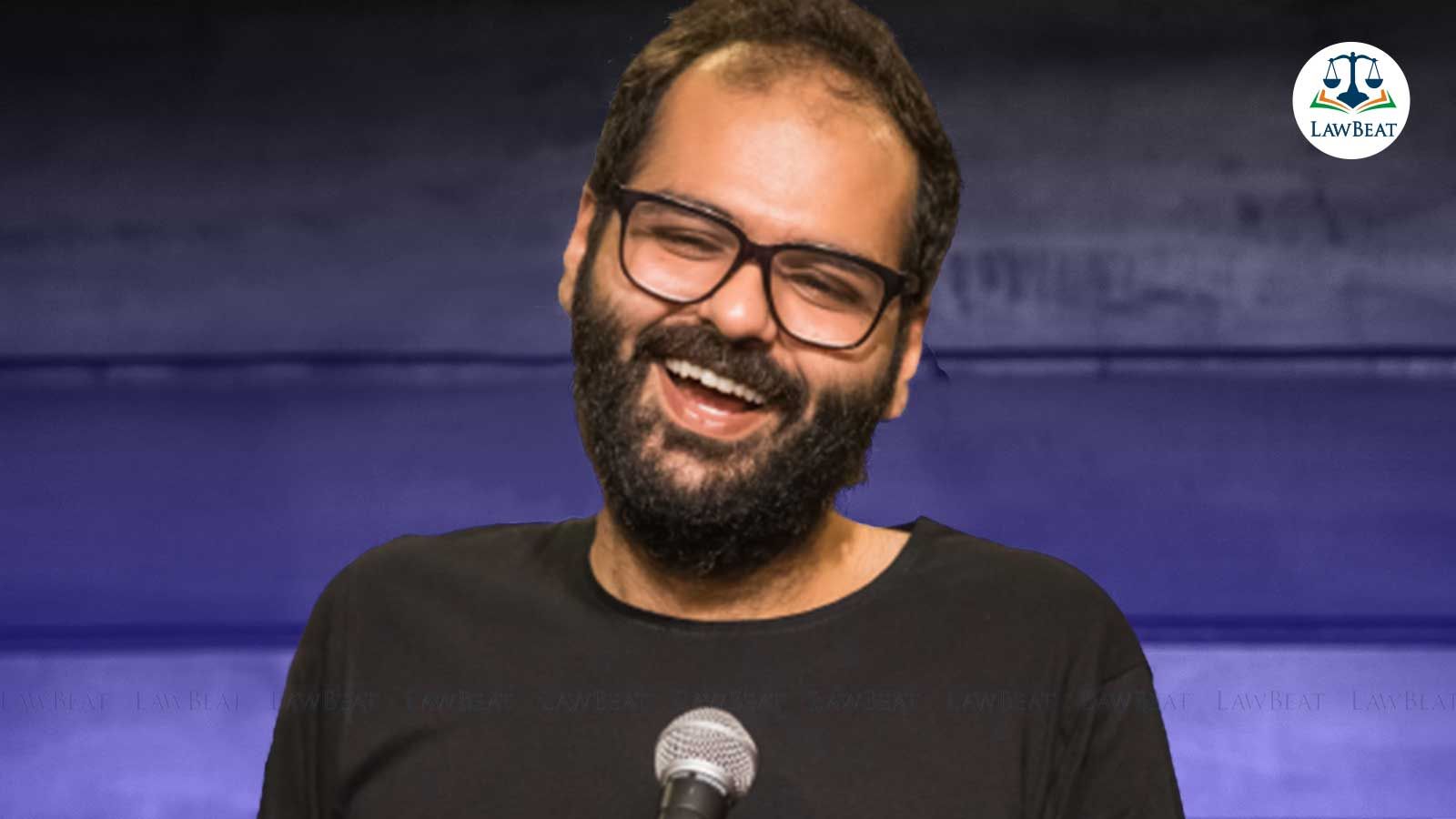Fact Checking Unit Globally Well-Established Mechanism: Union Files Reply In Kunal Kamra’s Plea Challenging IT Rules Amendment

The reply filed by the Union of India states that a remedy is available under the Rules to approach the Grievance Appellate Committee apart from approaching the court of competent jurisdiction.
The Union of India in its reply in the petition filed by stand-up comedian Kunal Kamra challenging the amended IT Rules establishing fact-checking unit has stated that fact-checking through the fact-checking unit is a globally well-established mechanism for dealing with fake news and misinformation.
“It is further submitted that fact checking through fact checking units is a globally well- established mechanism for dealing with fake news and misinformation. The International Fact Checking Network ("IFCN") was launched in the year 2015 to bring together the growing community of fact-checkers around the world and the advocates of factual information in the global fight against misinformation” the affidavit reads.
The government in its affidavit has cited the international research conducted by MIT which said that falsehoods are 70% more likely to be retweeted on Twitter than the truth and false news reached 1500 people six times faster than the truth.
Further, the Union has told the high court that since its 40 months of launch in December 2019, the fact check unit had responded to 39266 queries from the public.
“In about 40 months since its launch in December 2019 till 16.4.2023, the Fact Check Unit has responded to 39.266 queries from the public and issued 1.223 fact checks on social media. Thus, a robust system of fact checking in the public interest has been put in place in the Central Government over the last three years. However, the number of instances where fake/false or misleading information has been busted by the Fact Check Unit have risen over time, with the Fact Check Unit busting and issuing over 150 fact checks for content published by nine YouTube channels in the months of December 2022 and January 2023,” the reply reads.
To prove the efficiency of the facts check unit the union has cited various examples where false news led to the destruction of public property during the Agnipath Scheme for recruitment of Indian Armed Forces. The affidavit states there was a tweet claiming that Cabinet Committee for Security had approved the removal of Sikhs from the Indian Army and a fake information was there on Youtube Channel which said that the President had approved the ban on the electronic voting machine.
The reply said that false and misleading information can adversely impact electoral democracy, the economy, and the social fabric in many ways.
“False and misleading information can adversely impact electoral democracy, the economy and the social fabric in many ways, with severe and lasting damage. It has the potential to fan separatist movements and intensify social and political conflict, while also weakening public trust in democratic institutions. In matters of public interest, misleading content on social media platforms influences citizens' perceptions regarding reality and creates doubts regarding the actions and intentions of the democratically elected government,” the reply reads.
The affidavit states that the fact-checking unit has been made in the larger public interest and it provides for a system of evidence-based-fact-checking, in order to have in place a mechanism to deal with fake or false, or misleading information of a kind that has the past on viral and resulted in riots, mob lynching, and other heinous crimes, including those concerning the dignity of women and sexual abuse of children.
The Centre has also stated that the role of the fact check unit is restricted to any business of the Central Government, which may include information about policies, programs, notifications, rules, regulations, implementation thereof, etc. Further, it states that the fact check unit may only identify fake or false, or misleading information and not any opinion, satire, or artistic impression. Therefore, the aim of the government with regard to the introduction of the impugned provision is explicitly clear and suffers from no arbitrariness or unreasonableness.
The Central Government reply further states that the Amended Rules provide for raising grievances with the intermediary and if not satisfied it can be challenged before the Grievance Appellate Committee besides approaching the competent court.
“It is further submitted that the said mechanism comes along with the recourse available to an aggrieved person to seek redressal of his or her grievance under rule 3(2)(a) of the IT Rules, 2021 through the intermediary's Grievance Officer and, if not satisfied with the decision of the Grievance Officer, by preferring an appeal to the Grievance Appellate Committee (GAC) constituted under rule 3A ibid, besides approaching a court of competent jurisdiction. In this connection, it is also pertinent that both the Grievance Officer and the GAC are independent of the fact check unit of the Central Government. Further, the user/aggrieved person may seek the relevant document or information from the fact check unit of the Government under the provisions of the Right to Information Act, 2005, which also has provisions for first and second appeals,” the affidavit states.
Stand Up Comedian Kunal Kamra has approached the Bombay High Court challenging amended Information Technology (Intermediary Guidelines and Digital Media Ethics Code) Rules, 2021 (IT Rules 2021).
Kamra has challenged the provision that empowers the government to fact-check social media posts through the fact-checking unit of the Central Government and take the posts down from social media.
Case Title: Kunal Kamra vs Union of India
